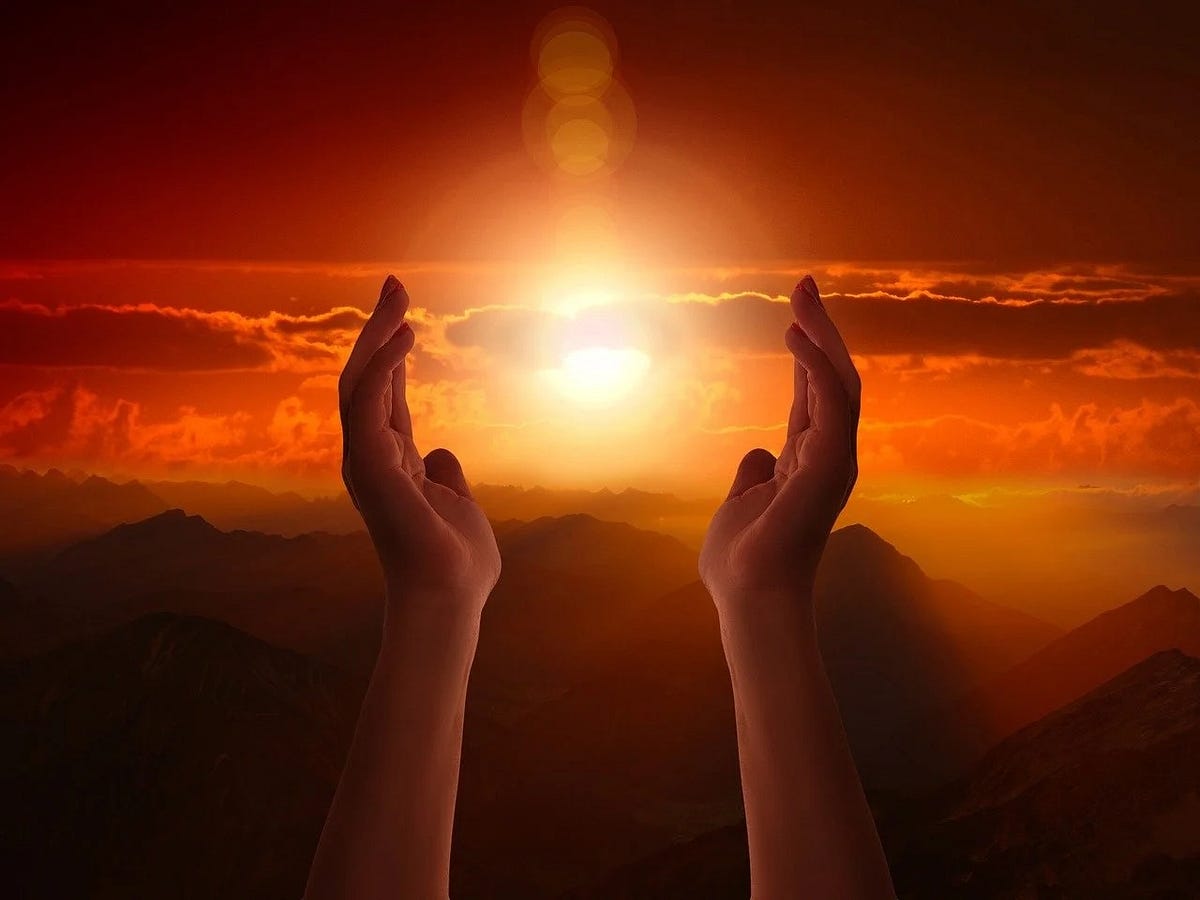Spiritual Breakthrough: 5 Transformative Paths to Divine Connection Revealed

Across diverse religious traditions, the fundamental concept of a divine creator is intrinsically connected to the profound mystery of universal origins. The idea of a supreme being who orchestrates the cosmic design transcends cultural boundaries, offering a compelling narrative about the emergence of existence itself.
From the intricate cosmologies of ancient civilizations to contemporary theological perspectives, the notion of a divine architect remains a powerful philosophical and spiritual construct. Whether viewed through the lens of monotheistic traditions or more complex metaphysical frameworks, the concept of a creator represents humanity's enduring quest to understand the fundamental questions of existence, purpose, and cosmic order.
This universal theme reflects our collective human desire to comprehend the inexplicable—to find meaning in the vast, complex tapestry of creation. The divine creator emerges not just as a theological concept, but as a profound metaphor for the extraordinary complexity and interconnectedness of our universe, inviting contemplation and wonder about the ultimate source of all being.

